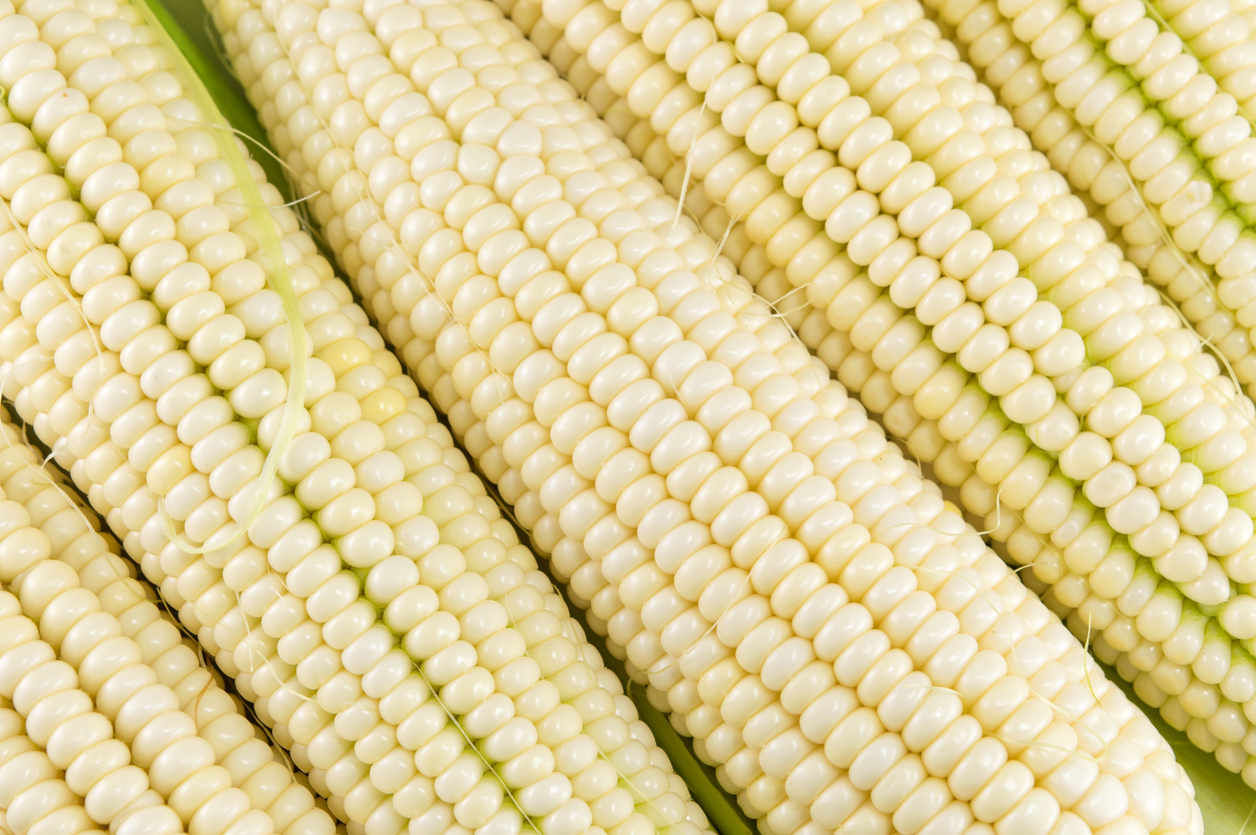Nigerian Corn Seeds: The Ideal Seed to Buy in Nigeria
Nigerian Corn Seeds: The Ideal Seed to Buy in Nigeria
African countries cultivate a wide variety of seeds. This is key to the continent’s agriculture sector as it ensures that locals have access to a variety of crops at different stages of their cultivation cycle. If you are planning on starting your own agriculture business in Nigeria, then buying Nigerian corn seeds for planting is essential. The right corn seed can transform your plot into an agricultural treasure and yield bountiful crops for harvest over long periods of time. Here we will discuss 5 facts about buying native African corn seeds that you must know before making the purchase so that you don’t make a costly mistake:
What is Nigerian Corn?
Corn, or maize, is not a native African crop, but it has proved to be a useful and useful crop for farmers in Nigeria. The best time to harvest Nigerian corn seeds is from July to October. The maize plant grows to be between 1 and 8 feet in height. It offers yellow kernels that are sweet in taste and are great for making cornmeal, tortillas, and corn flakes. Corn seeds are edible and can be used for making tamales, jellies and other drinks. Corn is a highly eaten grain all over the world, with over 5 billion tonnes harvested in the year. It is used for making cornmeal and corn flakes, to make corn liquor, and to make corn tamales and other foods. Corn is a very beneficial crop because it is grown in almost all parts of the country. It is an excellent crop that grows in full sunlight and is suitable for growing in coastal zones as well. The maize plant is not difficult to grow and harvesting can take place between July and September depending on the variety of seeds. Corn is a very useful crop as it is grown in all parts of the country and is good for nutrition. It can be eaten fresh or made into cornmeal and corn flakes.
Why Buy Nigerian Corn Seeds?
The best reason to buy Nigerian corn seeds is that you can reap the benefits of a low-cost, high-yield crop for many years to come as it produces an average of 30-40 crops per ear. The seeds can be planted from March to November with the best time being June to August. Along with the fact that it is drought-resistant, the seeds produce an average of 1.5 tons of corn per acre. This means that you will have a lot of food for your family and livestock with just a few clicks. Plus, you can expand your farming business with the potential to earn cash through corn sales. If you live in a semi-arid climate, you can produce a lot more corn than if you lived in a wet climate since the soil is not as soft. This results in a higher yield and is a good investment for farmers.
What to Look for in a Good Nigerian Corn Seed
– – The seed must be healthy – Corn seeds are susceptible to fungal and insect infections, so make sure that the seeds are free from pests. The husk and the kernel should be dry and hard as well. – The kernel should be yellow – The kernel should be yellow in colour, which means that it is ripe and ready to be harvested. If the corn has a green or white colour, then the seeds are old and need to be discarded. – The husk should be intact – The husk should not be broken, chipped, or have any cracks in it as these are signs of a seed that is past its prime. Make sure that the seed has not been exposed to moisture or heat as these can cause the husk to rot. – The seed should have a fresh smell – The seed should have a fresh smell to it, which means that it has not been exposed to moisture or heat. If the seed has a rotten smell, then discard it. – The seed should be cheap – The seed should be inexpensive, meaning that you should be able to buy a packet of 20-30 seeds for less than $10.
Benefits of Buying Native Corn Seeds
– Sustainable Agriculture: Native corn seeds allow farmers to grow a diverse crop that can feed a population that is likely to increase over the next few decades. Plus, they can also be used to improve soil fertility and increase yields. – Nutrition: Native corn seeds are an excellent source of protein and fibre. They are also an excellent source of protein and fibre, which is key to good health. – Highly Versatile: Native corn seeds can be used to make a variety of products, such as cornflour, cornmeal, corn tortillas, corn syrup, popcorn, and more.
How to Buy Native Nigerian Corn Seeds
– Find out where to find native corn seeds. Native corn seeds are usually found in the Midwest of the United States. This is where the corn seeds were first cultivated, so finding the seeds in the Midwest should be easy. – Contact the seed supplier. You can find native corn seed suppliers on the internet, but you can also search locally. Start by speaking with your neighbours and family members. – Find out the best time to sow seeds. You can find out the best planting date by checking weather reports and comparing the planting date to the one on your calendar. – Plant the seeds. You can plant the corn seeds by scattering them over the ground, raking them into the soil, or sowing them in a pot or tray. Make sure that the soil is moist and well-drained before planting. – Water the corn. You can water the corn seeds by splashing or sprinkling wet soil on them. Make sure that the soil is moist but not soaking wet as this will damage the corn seeds. – Watch the corn grow. You can watch the corn grow by standing next to it and looking at the stalks. Make sure that the corn is growing and not dying.
Conclusion
Corn is a highly versatile crop that is easy to grow and can be harvested at any time of the year. The maize plant can be planted from March to November and is drought-resistant, which means that it can withstand extreme weather conditions. The best time to harvest the seeds is from July to October, when the weather is not too hot or too wet. The maize seed should be yellow in colour, have a dry husk, and smell fresh, which means that it is not old or rotten. Native corn seeds are highly beneficial and produce a lot of corn, which can be used to feed your family and livestock.








LEAVE A COMMENT
You must be logged in to post a comment.